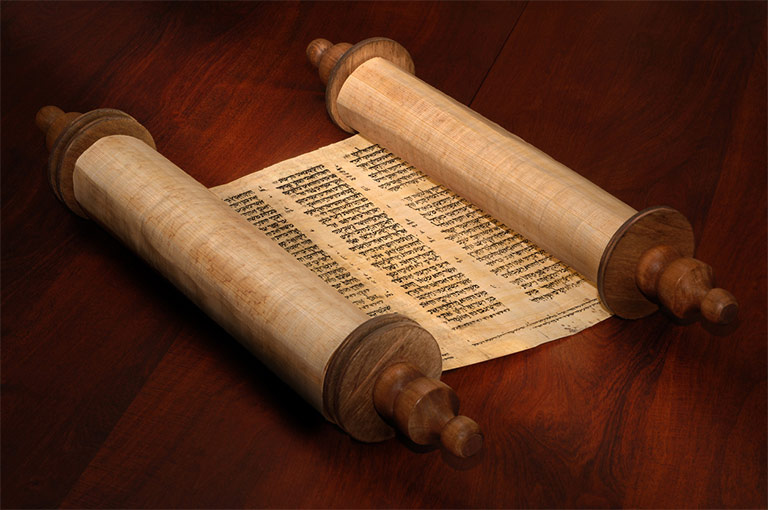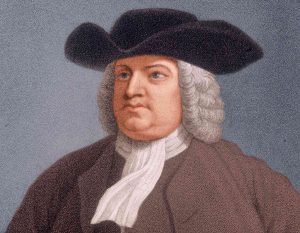Messianic Judaism is a religious movement that considers itself a blend of Judaism and Christianity. It believes in Jesus as the Messiah and the Son of God, which sets it apart from mainstream Judaism. This unique perspective has led to a complicated and often fraught relationship between Messianic Jews and the broader Jewish community. In this article, we will explore the origins, beliefs, and controversies surrounding Messianic Judaism, shedding light on why this relationship is so complex.
Origins of Messianic Judaism
Messianic Judaism traces its roots back to the late 19th century in Europe, a time when anti-Semitic persecution was on the rise. Many Jews, seeking refuge and religious freedom, immigrated to the United States. It was during this period that some Christian missions, such as the London Society for Promoting Christianity Amongst the Jews, focused their efforts on converting Jews to Christianity. These missionary efforts laid the foundation for the development of Messianic Judaism.
Beliefs of Messianic Jews
Messianic Jews consider themselves Jewish Christians, believing that Jesus is the Messiah and the Son of God who died for the sins of humanity. They view his atonement as a central aspect of their faith. There are approximately 175,000 to 250,000 Messianic Jews in the U.S. and 350,000 worldwide, with about 10,000 to 20,000 residing in Israel.
Messianic Jewish congregations, numbering around 300 in the United States, attract both Jews and Gentiles. However, the focus of many of these groups is the conversion of ethnic Jews to Messianic Judaism. They see this as a vital mission, aiming to bring Jewish people into a faith that combines their Jewish heritage with a belief in Jesus as the Messiah.
Jewish Messianism: A Different Perspective
Belief in a Messiah who will redeem the Jewish people and bring about a new era is deeply rooted in Judaism. However, there are significant theological differences between Jews and Christians regarding the nature and role of the Messiah. Jewish messianism envisions a Messiah as a political figure, a king, or a revolutionary who will facilitate the return of Jews to the land of Israel and restore self-rule. This redemption is not about atoning for sins but about liberation from exile.

Unlike Christianity, which places a central emphasis on the divine nature of Jesus, traditional Jewish messianism does not attribute divinity to the Messiah. The Hebrew Bible and Jewish oral tradition mention several figures, like the Persian King Cyrus or the warrior Bar Kohkbah, who were considered potential messianic figures but were not worshipped as deities.
Diverse Perspectives within Judaism
Contemporary Judaism is characterized by a wide range of interpretations and beliefs regarding the Messiah. Since the establishment of the State of Israel in 1948, the traditional goal of a Messiah, the restoration of the Jewish state, has already been achieved. Consequently, opinions differ on whether a Messiah will appear in the future and what signs would indicate their arrival.

Some Jews continue to anticipate the coming of a Messiah, while others have shifted their focus to the concept of a “messianic age” brought about by human actions of social justice and tikkun olam, the healing and repairing of the world. These varying perspectives within Judaism contribute to the complex relationship with Messianic Judaism.
Theological Tensions between Jews and Christians
The fundamental theological divergence between Jews and Christians lies in the belief in the divinity of Jesus. Judaism asserts the existence of only one God who can never be human, although God may reveal himself in multiple ways. This belief creates an insurmountable barrier between Jews and Christians, as the Christian faith centers around Jesus’ divinity and the concept of the Holy Trinity.

Throughout history, this theological divide has been a source of tension between the two communities. Jews have faced persecution, both by the Christian Roman Empire and the Church, due to their rejection of the Christian belief in Jesus as the Messiah. This historical backdrop adds a layer of sensitivity to the relationship between Jews and Messianic Jews.
Controversies and Conversion Efforts
The efforts of Messianic Jewish organizations, such as Jews for Jesus, to convert Jews to Christianity have been met with controversy. Critics argue that these conversion attempts are aggressive, manipulative, and misleading. They accuse missionaries of taking Jewish scriptures out of context to promote their beliefs, which has been denounced by both Jews and Christians.
The founder of Jews for Jesus, Moishe Rosen, adopted practices from the Jesus People movement of the 1960s to target Jewish conversions. Rosen portrayed Judaism as an incomplete tradition, suggesting that Jews needed to be saved through conversion to Christianity. These tactics, combined with the historical backdrop of Jewish persecution, contribute to the pain and resistance felt by the broader Jewish community towards Messianic Judaism.
The Upset at the Tree of Life Congregation
The recent controversy surrounding a prayer offered by Loren Jacobs, a member of the Shma Yisrael Congregation, at a campaign rally attended by Mike Pence highlights the continued sensitivity surrounding Messianic Judaism. Jacobs, a messianic Jew affiliated with Jews for Jesus, upset many Jews who felt that his inclusion in the event was inappropriate.
The vice president’s office later denied inviting Jacobs, further highlighting the complexities and tensions surrounding the relationship between Messianic Jews and the broader Jewish community. This incident serves as a reminder of the historical persecution faced by Jews and the ongoing challenges in reconciling the divergent beliefs of Messianic Judaism and mainstream Judaism.
Conclusion
Messianic Judaism represents a unique blend of Jewish and Christian beliefs, with a focus on Jesus as the Messiah and the Son of God. This perspective has created a complex and fraught relationship between Messianic Jews and the broader Jewish community. The theological differences, historical persecution, and controversies surrounding conversion efforts have contributed to this tension. Understanding the origins, beliefs, and controversies surrounding Messianic Judaism is essential for fostering dialogue and promoting understanding between these two communities.




No comments! Be the first commenter?